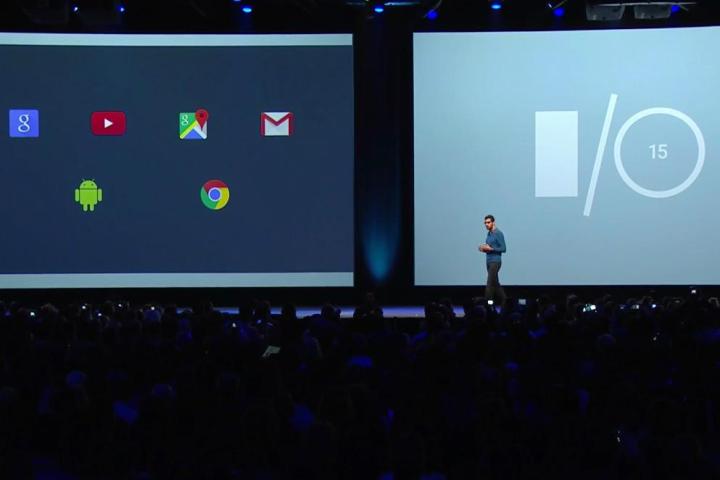
If you’re a frequent traveller, you’ll want to take advantage of Inbox’s new Trip Bundles feature, which automatically organizes your email into different groups based on their content. Inbox also automatically groups all of the messages about a trip into one bundle, so you can have instant access to your flight, hotel booking and rental car reservations. The bundle will highlight the most important information that you need for your trip.
There’s also a new Undo Send option, which gives you the ability to set a custom signature for messages. With the new Undo Send feature, you can also take back an email after sending it just in case you spotted a mistake. If you want to get rid of messages, you can now make “Delete” a swiping action.
When you create reminders in Keep, they will now appear in Inbox. When someone asks you to do something in an email, Inbox will automatically suggest that you set a reminder to do it. Reminders will sync between Google Keep and Inbox. Whenever you get an email from HotelTonight or Eat24, you can open reservations or food orders directly within Inbox. Google is also opening it up to third-party developers as well.
Google’s senior vice president, Sundar Pichai, announced these updates at Google I/O this morning, adding that Gmail now has more than 900 million users, which 75 percent of users who are checking email on mobile devices. Google also noted it’s “expanding the Inbox early adopter program so any Google Apps for Work customer who wants to join can do so.” Inbox by Gmail is available for iOS and Android.
Editors' Recommendations
- Google is launching a powerful new AI app for your Android phone
- Google just redesigned one of its biggest apps, and it’s bad
- I’m excited for the Google Pixel Fold, and you should be too
- Does the Google Pixel 7a have wireless charging?
- Everything announced at Google I/O 2023: Pixel Fold, Pixel 7a, and more

